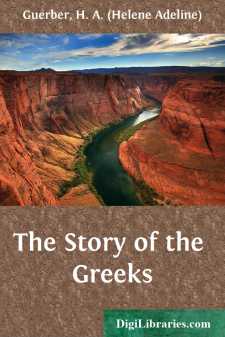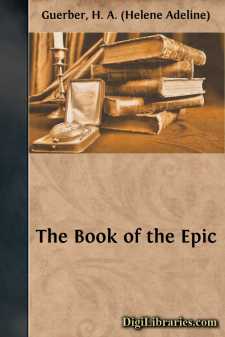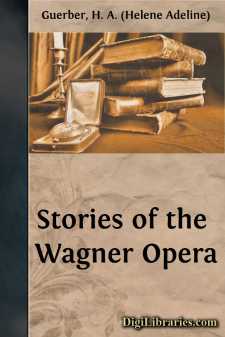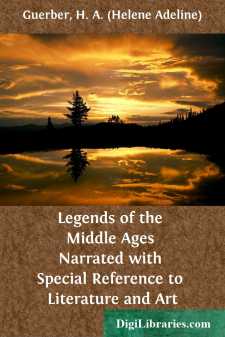Categories
- Antiques & Collectibles 13
- Architecture 36
- Art 48
- Bibles 22
- Biography & Autobiography 813
- Body, Mind & Spirit 142
- Business & Economics 28
- Children's Books 15
- Children's Fiction 12
- Computers 4
- Cooking 94
- Crafts & Hobbies 4
- Drama 346
- Education 46
- Family & Relationships 57
- Fiction 11828
- Games 19
- Gardening 17
- Health & Fitness 34
- History 1377
- House & Home 1
- Humor 147
- Juvenile Fiction 1873
- Juvenile Nonfiction 202
- Language Arts & Disciplines 88
- Law 16
- Literary Collections 686
- Literary Criticism 179
- Mathematics 13
- Medical 41
- Music 40
- Nature 179
- Non-Classifiable 1768
- Performing Arts 7
- Periodicals 1453
- Philosophy 64
- Photography 2
- Poetry 896
- Political Science 203
- Psychology 42
- Reference 154
- Religion 513
- Science 126
- Self-Help 84
- Social Science 81
- Sports & Recreation 34
- Study Aids 3
- Technology & Engineering 59
- Transportation 23
- Travel 463
- True Crime 29
The Story of the Greeks
Categories:
Description:
Excerpt
This elementary history of Greece is intended for supplementary reading or as a first history text-book for young pupils. It is therefore made up principally of stories about persons; for, while history proper is largely beyond the comprehension of children, they are able at an early age to understand and enjoy anecdotes of people, especially of those in the childhood of civilization. At the same time, these stories will give a clear idea of the most important events that have taken place in the ancient world, and, it is hoped, will arouse a desire to read further. They also aim to enforce the lessons of perseverance, courage, patriotism, and virtue that are taught by the noble lives described.
A knowledge of ancient history, however superficial, is of very great value; and the classic legends are almost equally worth knowing, because of the prominent part they play in the world's literature. These tales make a deep impression on the minds of children, and the history thus learned almost in play will cling to the memory far more tenaciously than any lessons subsequently conned.
Many children leave school unacquainted with any history except that of the United States; which, dealing with less simple and primitive times than that of Greece, is apt to be so unattractive that the child never afterwards reads any historical works. It has been my intention to write a book which will give children pleasure to read, and will thus counteract the impression that history is uninteresting.
A few suggestions to teachers may not be considered superfluous. In the first place, I have found historical anecdotes an excellent aid in teaching English. Pupils find it far from irksome to relate the stories in their own words, and to reproduce them in compositions. Secondly, whenever a city or country is mentioned, every pupil should point out its location on the map. By such means only can any one properly understand an historical narrative; and in the present case there is the added reason that the practice will go far towards increasing the child's interest in geography. Lastly, the teacher should take great care that the proper names are correctly pronounced. The most common errors are provided against in the text; for, on the first occurrence of such a word, it is divided into syllables, with the accent marked. It remains for the teacher to enforce the ordinary rules as to the proper sounds of vowels and consonants.
H. A. G.




